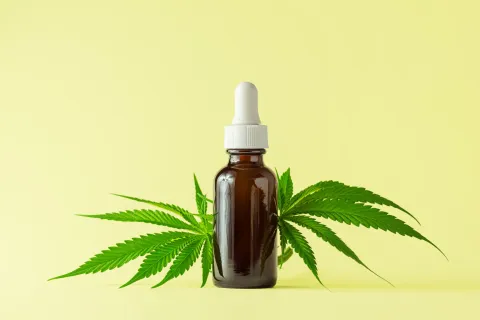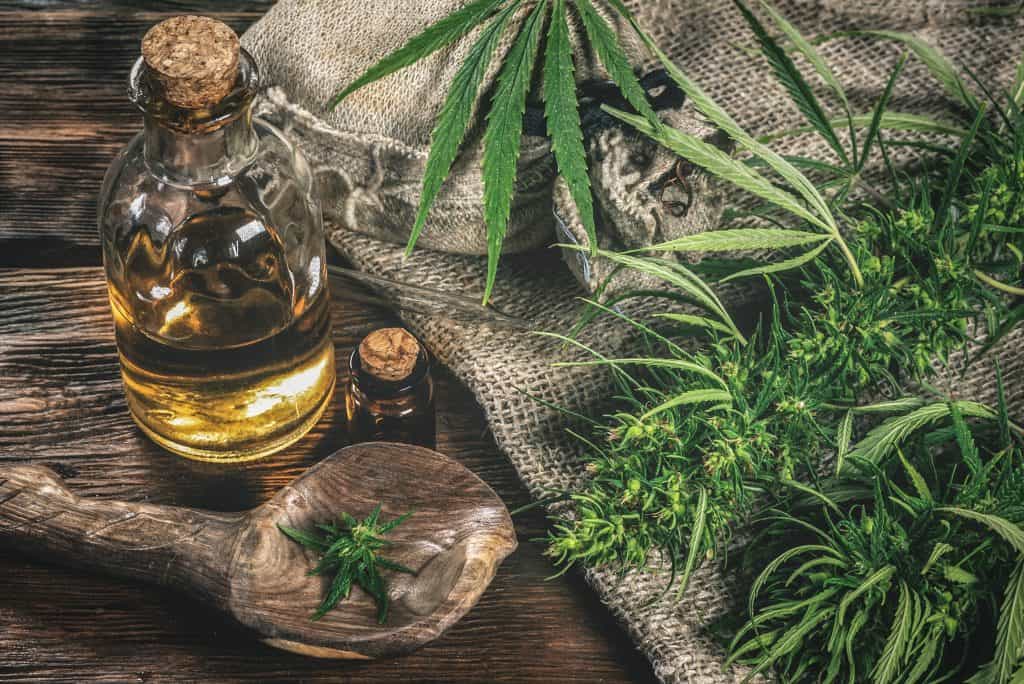In recent years, the sports world has witnessed a significant shift in the perception and acceptance of CBD (cannabidiol) as a supplement for athletes. Once associated with stigma due to its connection to cannabis, CBD has emerged as a potential game-changer in the pursuit of enhanced performance, recovery, and overall well-being. This blog post delves into the evolving legal landscape surrounding CBD in the world of sports, exploring how regulations are adapting to accommodate this natural compound.
The Rise of CBD in Sports
CBD, a non-psychoactive compound derived from the cannabis plant, gained popularity for its potential therapeutic benefits without the “high” associated with its cousin, THC (tetrahydrocannabinol). CBD for Athletes, seeking alternatives to traditional medications, turned to CBD for its anti-inflammatory properties, pain management potential, and reported positive impacts on sleep and anxiety.

Navigating the Legal Maze
While the 2018 Farm Bill legalized hemp-derived CBD at the federal level in the United States, the acceptance of CBD in sports has been a nuanced journey. Various sports organizations and governing bodies have had to grapple with creating policies that align with the evolving understanding of CBD’s benefits.
For instance, the World Anti-Doping Agency (WADA) removed CBD from its list of prohibited substances in 2018. This decision signaled a significant shift in how CBD is perceived in the realm of competitive sports. Many professional sports leagues, including the NFL, NBA, and MLB, have followed suit by adjusting their policies to allow the use of CBD by athletes.
CBD and Sports Performance
As CBD gains acceptance, athletes are exploring its potential to enhance performance. Some research suggests that CBD may help manage exercise-induced inflammation, promote better sleep, and reduce anxiety – factors crucial to an athlete’s overall well-being and performance.
Challenges and Controversies
Despite the positive momentum, challenges and controversies persist. Athletes must navigate varying regulations, both nationally and internationally, as the legal status of CBD can differ from one jurisdiction to another. Additionally, concerns about the quality and consistency of CBD products remain, emphasizing the importance of third-party testing and transparency within the industry.
Looking Ahead
The acceptance of CBD in sports represents a broader shift in attitudes toward natural and alternative remedies. As research continues to uncover the potential benefits of CBD, it is likely that more sports organizations will embrace its use, leading to a more comprehensive and uniform approach to regulation.

The gradual acceptance of CBD in sports signifies a paradigm shift, encouraging a more progressive and holistic approach to athlete well-being. With an increasing number of athletes openly endorsing CBD products, the stigma surrounding its use is diminishing. As the scientific community delves deeper into the potential benefits of CBD, it is becoming clear that this compound can play a crucial role in addressing various aspects of an athlete’s physical and mental health.
One of the primary reasons behind the growing acceptance of CBD in sports is its potential role in managing pain and inflammation. Athletes subject their bodies to intense physical stress, often leading to injuries, soreness, and chronic pain. Traditional pain medications come with their own set of side effects and concerns about long-term use. CBD, with its natural anti-inflammatory properties, has emerged as a promising alternative. Many athletes report using CBD to alleviate pain associated with injuries or strenuous training sessions, promoting a more sustainable and natural approach to recovery.
Moreover, the calming and anti-anxiety effects of CBD have caught the attention of athletes dealing with performance-related stress. The pressure to perform at the highest level, coupled with the demands of intense training schedules, can take a toll on an athlete’s mental health. CBD’s potential to reduce anxiety without causing the cognitive impairments associated with THC is a valuable asset for athletes seeking a natural solution to manage stress and anxiety.
As the legal landscape continues to adapt, athletes are becoming more conscientious about the quality and sourcing of CBD products they incorporate into their routines. Rigorous third-party testing and transparency in labeling have become essential criteria for athletes seeking reliable and safe CBD supplements. This growing demand for high-quality CBD products has spurred innovation within the industry, leading to a wider array of options for athletes to choose from.
Conclusion
The legal landscape surrounding CBD in the world of sports is evolving, reflecting a growing understanding of its potential benefits for athletes. As acceptance grows, athletes and sports organizations must stay informed about the changing regulations to make informed decisions regarding the use of CBD in pursuit of enhanced performance and well-being. The journey toward widespread acceptance of CBD in sports is an exciting development, promising a more holistic approach to athlete care and performance optimization.
The acceptance of CBD in the world of sports represents a transformative moment in the approach to athlete care and performance optimization. The evolving legal landscape acknowledges the potential benefits of CBD, encouraging athletes to explore natural alternatives for recovery and well-being. As more research emerges and regulations adapt, CBD is likely to become an integral part of many athletes’ wellness routines, ushering in a new era where the pursuit of peak performance goes hand in hand with a commitment to holistic health.
